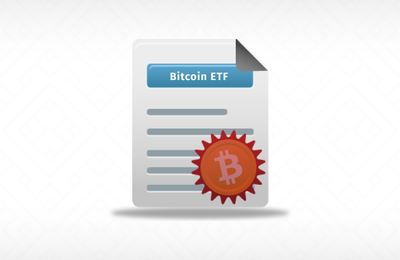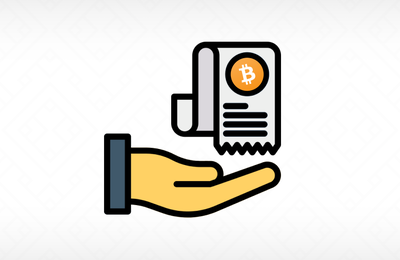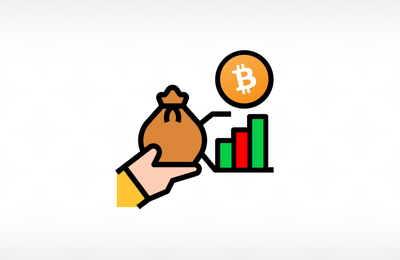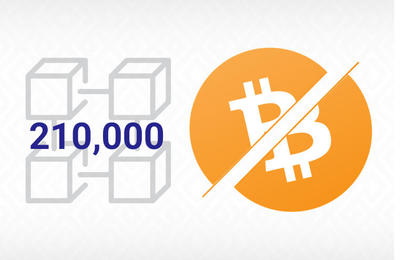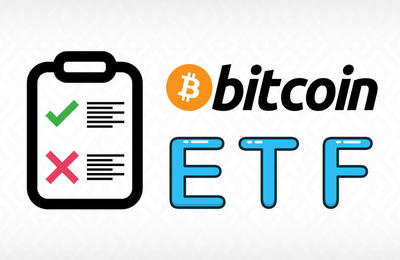
The booming interest in cryptocurrencies, especially Bitcoin, has left many questioning its value source. Most traditional currencies are underpinned by governments or physical commodities such as gold and silver; however, Bitcoins remain virtual without tangible form. As a result, understanding the source of their worth can perplex many individuals. This article will delve into the primary elements that give Bitcoin its value.
Bitcoin's Unique Properties
Bitcoin introduces a fresh paradigm distinctly divergent from traditional financial systems. Here are the unique properties of the digital currency, according to the website cryptocurrencyhelp.com:
- Decentralization. BTC is decentralized, meaning no single entity or institution governs its operation. This removes the need for intermediaries, often found in banking systems, and grants Bitcoin an innate resistance to censorship. Additionally, its open-source nature allows anyone to verify its code, ensuring transparency and fostering trust.
- Mathematical scarcity. Only 21 million Bitcoins will exist. This fixed supply contrasts sharply with fiat currencies, which can be printed in response to economic needs. The scarcity of Bitcoin reduces the risk of inflation and increases its desirability, likening it to precious metals such as gold.
- Its borderless attribute makes international transactions swift and relatively inexpensive. Unlike fiat currencies confined to geographical regions and subject to fluctuating exchange rates, Bitcoin operates globally, removing barriers to financial exchange.

In essence, Bitcoin's value emanates from these unique properties. It's not just a digital currency; it represents a transformative financial philosophy, challenging the norms of traditional banking and offering an alternative form of wealth storage and transfer.
Supply & Demand Principle
In any market, value often reflects the balance between supply and demand. Bitcoin is no exception. The protocol stipulates a fixed supply, capped at 21 million coins, ensuring scarcity. As the number of Bitcoins entering circulation gradually reduces due to the halving events every four years, the scarcity intensifies, which, in theory, should boost its value.
On the other hand, demand is influenced by many factors. The global recognition and adoption of Bitcoin play a significant role. As more individuals, institutions, and businesses see potential in Bitcoin as an investment or a transactional currency, the demand rises. Likewise, geopolitical instability, distrust in traditional banking systems, or economic downturns can increase interest in alternative assets, including Bitcoin.

However, demand can also be volatile. News relating to regulatory changes, security breaches, or macroeconomic factors can sway public sentiment, leading to fluctuations in demand and price.
In summary, the intersection of a limited supply and ever-changing demand crafts Bitcoin's market price. This dynamic interplay, grounded in basic economic principles, has seen Bitcoin's value ebb and flow over the years, showcasing both its potential and volatility.
Perception/Trust in Traditional Economy
The trust individuals place in traditional economies profoundly influences Bitcoin's allure. Historically, banking systems and fiat currencies have been pillars of economic stability, with central banks and governments managing monetary policy. Yet, some countries' economic downturns, banking crises, and hyperinflation have eroded this trust.
Many view Bitcoin as a hedge against such uncertainties. Unlike fiat, its value isn't intrinsically linked to any country's economic health or political stability. As a result, when traditional financial systems falter or appear vulnerable, Bitcoin often sees a surge in interest.

Furthermore, centralized systems possess the power to freeze assets or enact capital controls, actions that sometimes undermine trust. In stark contrast, Bitcoin offers financial sovereignty, sidestepping these potential pitfalls.
The transparency provided by Bitcoin's blockchain also bolsters trust. Every transaction is recorded, verifiable, and immutable. This contrasts with traditional systems where operations often occur behind closed doors.
Regulation Impact on Value
Regulatory stances on Bitcoin and other cryptocurrencies are pivotal in determining their market value. As governments and financial institutions grapple with the rapid ascent of digital assets, their regulatory decisions can either lend credibility to or raise skepticism about Bitcoin. Here's a breakdown:
- Favorable Regulations. When countries adopt friendly policies, such as recognizing Bitcoin as a legal payment or clarifying its taxation, it typically boosts investor confidence and can drive up demand.
- Restrictive Measures. Conversely, nations imposing bans, strict capital controls, or prohibiting financial institutions from facilitating Bitcoin transactions can reduce demand and a dip in value.
- Anti-Money Laundering (AML) and Know Your Customer (KYC) Policies. Regulations enforcing strict AML and KYC can deter malicious actors, fostering a safer environment and potentially elevating Bitcoin's attractiveness to mainstream investors.
- Securities Oversight. If Bitcoin or related assets are deemed securities, they'd be subject to stringent regulations. This can influence institutional participation, potentially hindering growth.
- Infrastructure Standards. Setting benchmarks for cryptocurrency exchanges and wallet providers can boost user confidence, ensuring the safety of their assets.

The regulatory environment is a double-edged sword. While well-conceived regulations can foster growth and trust, overly restrictive measures can stifle innovation and dampen demand.
Conclusion
Bitcoin's worth derives from a mixture of its distinct qualities, supply and demand rules, and trust elements in conventional systems and legal contexts. As the global world changes, so does our understanding and valuation of this digital asset. Information is critical to maneuver through both Bitcoin and wider cryptocurrency terrains successfully.




